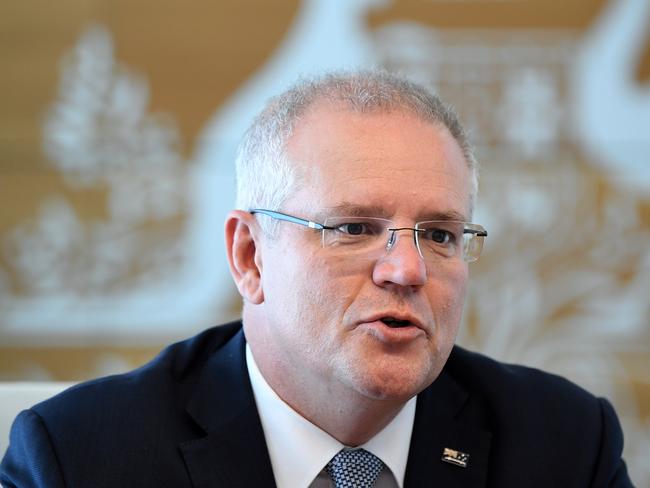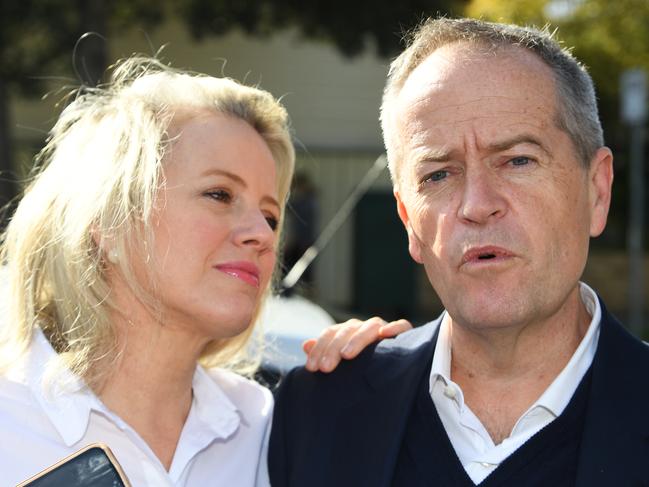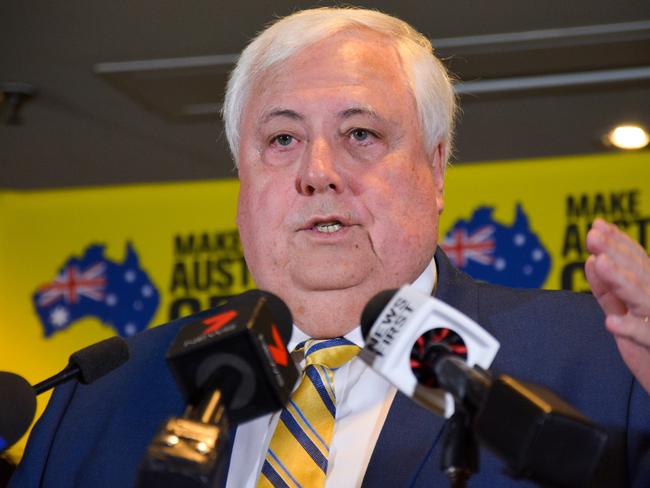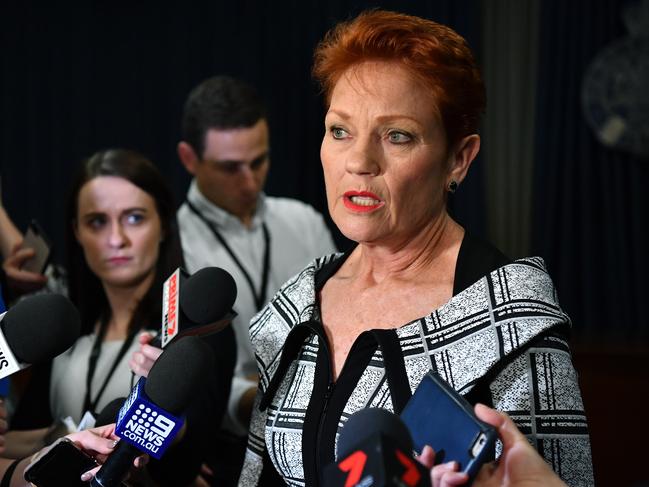Terry McCrann: PM should thank Labor for losing, rather than basking in personal glory
The two big things to understand about the federal election result is that the Coalition didn’t win it, Labor lost it; and we need to start by separating what happened in Queensland from the rest of Australia, writes Terry McCrann.
Terry McCrann
Don't miss out on the headlines from Terry McCrann. Followed categories will be added to My News.
Reality check. For investors, for media commentators, for Australians generally, all the pollies and especially ministers, from the prime one down — but shush, don’t tell any of the Labor ones.
The two big things to understand about the result is that the Coalition didn’t win it, Labor lost it; and any serious discussion about it has to start by separating what happened in Queensland from the rest of Australia.
Or as those on the Left see it: 20th century Queensland as against 21st century Australia.
We have not been witness to an overwhelming or indeed even a lukewarm endorsement of the incumbent government.
If Scott Morrison believes that — or even more, believes that he’s been a secular Moses leading the Coalition out of the beckoning political wilderness — he’s taken the first and a very big step to losing the next election. And indeed, being obliterated.

Yes, his tough, relentless, very good, even brilliant and virtually single-handed campaign helped Labor succeed in its almost wilful determination to lose the unlosable election.
Yes, not only as I wrote on Monday, was it “the Sunshine state wot won it”, but also Labor “wot won it” — for the Coalition. Then, plus ScoMo.
If the Coalition had stuck with Malcolm Turnbull, it would have stopped Labor succeeding in losing the unlosable election, and we would have had Bill Shorten as PM.
As I pointed out on Monday, take Queensland — and its 23-6 seat majority to the Coalition — out of the numbers and Labor won easily in the rest of Australia.
It is also WA, which went 11-5 for the Coalition (and where Pauline Hanson scored her second biggest vote share) — so between them they went 34-11 seats for the Coalition.
The rest of Australia, including the two biggest states and the two major cities, went 56-44 seats for Labor (plus 5 left-leaning independents). And, let’s not forget, soberingly, also for Shorten.
Obviously Queensland was the key and where Hanson, Clive Palmer and Fraser Anning scooped 14 per cent of the vote or just over half what Labor got in total.
Separating Queensland is fundamentally important to understand the biggest — and I have to say, extremely depressing — message of the election.

The rest of Australia would have elected a Labor Party promising to take “real” — in truth, devastatingly punishing and pointless — action on climate change and also hit us with a massive $400 billion or so raft of tax increases.
And, even a Labor led by an unpopular and unattractive leader.
Further — and this is the message I don’t want Labor to hear, or, for that matter, the Liberals either — and where I diametrically disagree with my colleague Andrew Bolt — if Labor had campaigned and only campaigned on climate change, it would arguably have won the election, even with Queensland included.
What tipped the scales against Labor were the tax hits — and especially the attack on property negative gearing and ending franking credit refunds.
Just making it a climate change election — like most obviously Shorten announcing he would stop Adani — would not have lost Labor any more seats in Queensland (or WA). There just ain’t any left to lose.
But it would have tipped the balance in seats like Wentworth — not to Labor but against the Coalition — and Kooyong and Higgins.
How many “doctors’ wives” pulled back from voting Green/Labor at the prospect of their husbands losing their tax perks and they having to downsize from SUVs and coupes to ordinary five-doors?

Not having the tax hits would arguably have won Labor a raft of seats across the country — possibly some even in Queensland and WA — like retirement-heavy Flinders and other coastal retirement electorates, and Chinese property speculation-central Chisholm.
Not having those tax hits would also have largely blunted Palmer’s $60 million campaign which was focused on tax and which clearly helped deliver seats to the Coalition in Queensland and probably, indirectly, elsewhere as well.
Truly, is there no limit to the idiocy of the average political journalist? The Australian’s Sid Maher wrote Monday that Palmer failed to have any meaningful impact except in two seats.
His logic? They were the only seats where his votes matched or exceeded the Coalition margin over Labor.
What Maher — and he is by no means alone — seemingly can’t comprehend is four rather big things.
First, Palmer plus Hanson preferences saved seats in Queensland. Secondly, if Palmer had preferenced against the Coalition, he would have cost seats.

Third, if he hadn’t bought into the campaign in the first place, where would his votes have gone?
Most importantly, how many votes did his money drive directly to the Coalition? His ads were as much anti-Labor as pro-Palmer. He effectively spent $60 million for the Coalition.
The bottom line was Labor and the tax hikes lost — and we saw the stock market surge. But it’s a one-off; a re-positioning of value back to the reality ex-post ante.
Yes, we don’t have a Labor government doing really stupid things, but we still have a Coalition government doing less stupid things. Like taking “slightly less real action” on climate change. Like leaving the company tax rate at a globally uncompetitive 30 per cent.
In two weeks we get a reality check from the RBA when it cuts its official rate.
That, plus the government’s “cash splash” (and maybe a second rate cut), will be a big plus. But they also remind that the world remains very febrile and monetarily unnatural.



